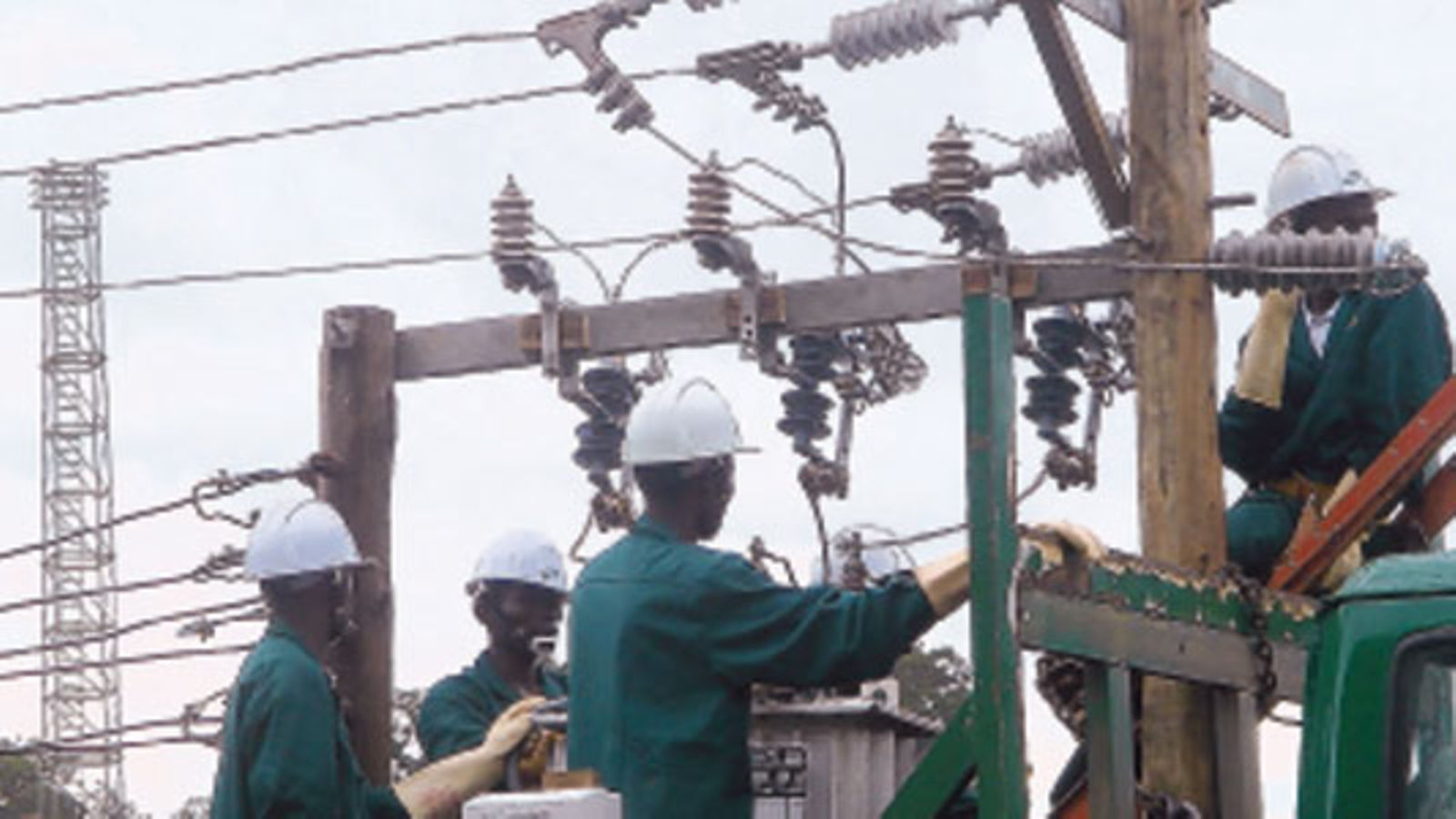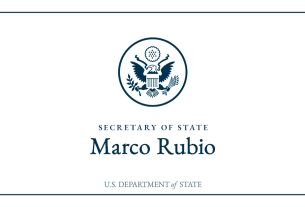Yet the pandemic, with its attendant lockdowns, supply chain disruptions and diversion of fiscal resources by governments did even further damage.
According to the Energy Progress Report 2022 published by the United Nations, Covid-19 has slowed progress towards universal access to electricity and clean cooking fuels and technology.
According to the report, sub-Saharan Africa’s share of the global population without electricity rose from 71 per cent in 2018 to 77 percent in 2020. Most regions of the world saw declines.
One of the factors preventing countries from expanding access is cost. Achieving electrification for all in sub-Saharan Africa would require investing at least $31 billion per year by 2030.
For context, only $5 billion was received in 2017.
Gyude Moore is a senior policy fellow at the Center for Global Development. He has also served as Liberia’s minister for public works.
He joins the show with insights on where to direct investment in order to expand access.
Many Sub-Saharan African countries have about one or less engineer per 10,000 inhabitants, according to the World Bank. Industrialized countries have 20-50 for the same number.
The skills gap in Africa is especially huge in applied sciences, engineering, and technology (ASET).
Graduates lack the skills and competencies required in modern enterprise, partly because university curricula are outdated.
As a result, many are going abroad for studies. We follow the story of two female students in Romania.
Coffee production in Kenya is under threat – climate change means frequent droughts and irregular rains are drying coffee berries.
For most farmers, trying to mitigate these effects is a costly and time-consuming endeavour.



